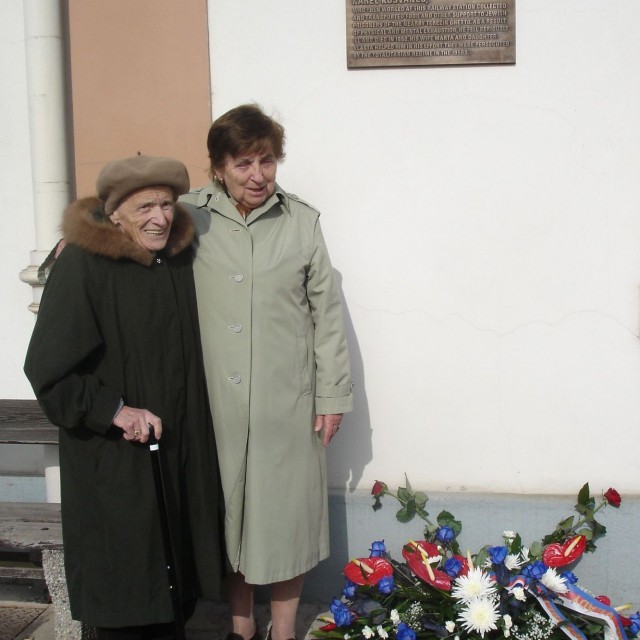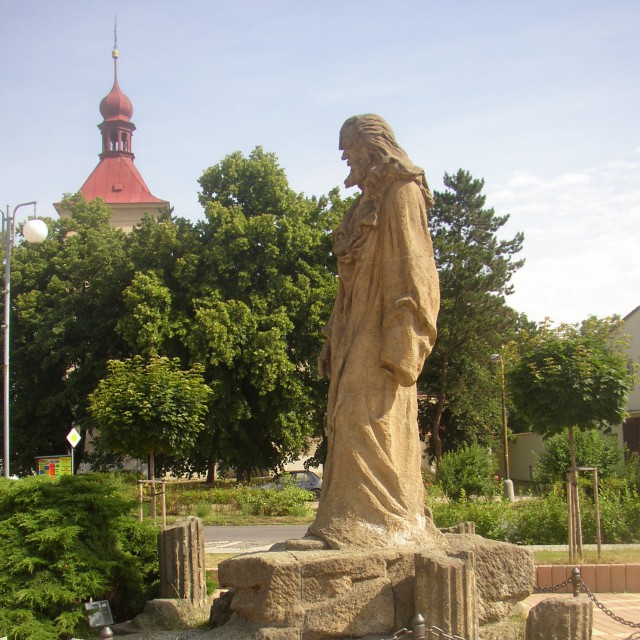A railway worker who helped Jews survive in the ghetto
Eva Roubíčková and her family were deported to the Theresienstadt ghetto in 1941. She was assigned to work in agriculture which had certain advantages as it later turned out. Sometime in the summer of 1942, she was on a meadow in front of Theresienstadt grazing sheep, when she noticed a man on the fringe of the forest with a woman and children, who was gesticulating markedly in her direction. After they left, Eva found a package on the spot where they had stood before. “One day, I got a package and the next day again. The family was on the same spot again. The package contained some bread with lard, some onions and I think that there even was a pack of cigarettes. Well, cigarettes were banned so strictly.” The benefactor was a railroad worker from nearby Bohušovice, Karel Košvanec. Despite the enormous risk it entailed, he continued to help the people from the ghetto. In her diary, Eva recalls how he sent honey and fruits to a friend of her who was gravely ill. Eva bravely acted as the middle man, although it came to cost her dearly once. After the smuggled foodstuff had been revealed during one of the controls, Eva was brutally interrogated by the camp commander Janeček. She spent a month in jail in complete uncertainty but would not disclose her source. Karel Košvanec thus could continue to supply the Jews in the ghetto with Eva’s help until the end of the war.
Hodnocení
Hodnotilo 0 lidí
Routes
Not a part of any route.
Comments
No comments yet.




